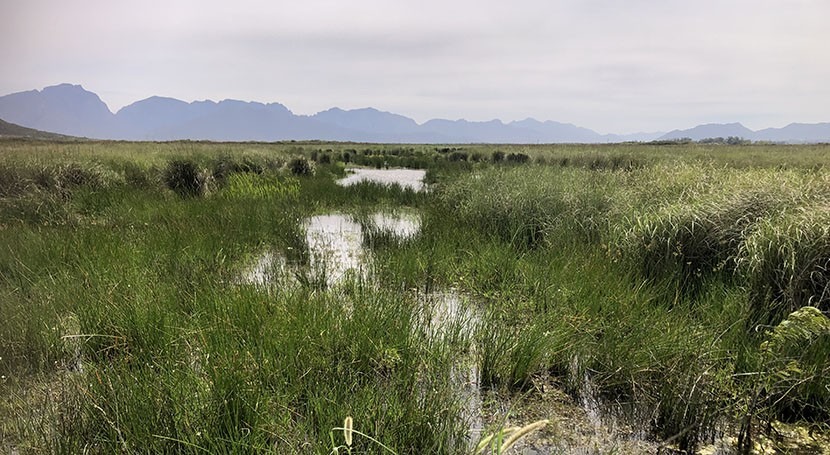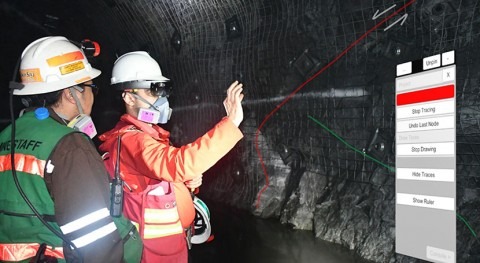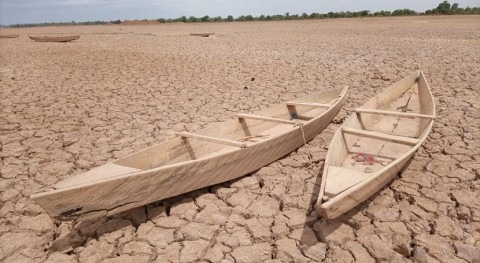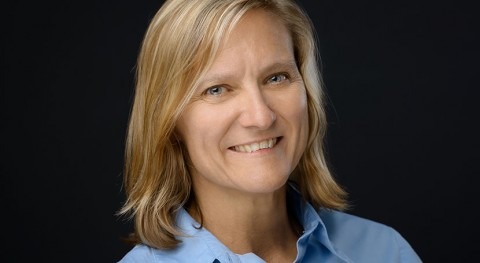Scientists and engineers are embracing lessons from the natural environment in designing sustainable projects as they address the growing uncertainty regarding surface water given the anticipated climate changes associated with global warming.
Understanding surface water patterns are vital to ensure the safety and effectiveness of engineering designs, according to SRK Consulting principal corporate consultant Dr Simon Lorentz, but this is becoming more difficult with climate change.
“We gain valuable design parameters from our predictive modelling, and it remains a vital tool for guiding our engineering solutions,” said Dr Lorentz. “However, Southern Africa is predominantly semi-arid, with variable frequencies and intensities of rainy and dry spells. Climate change is intensifying this variability and contributing significantly to the complexity of predicting future patterns.”
Previously the accepted method of predicting future rainfall patterns was based on past rainfall data. Climate change means that future weather conditions are likely to be significantly different to historical experience. He explained that today’s modelling tends to rely more on large-scale atmospheric models. These describe how weather patterns form on a global scale and how they are likely to change in the future.
“However, it is complex to downscale these patterns into regional or local models,” he said. “A range of variable factors need to be considered, including altitudes, topography, hillslope aspects and distance from the coast.”
He also noted that these global models were also quite divergent, which led them to deliver predictions that varied widely. As the timeline for modelling was extended, the outlook became more complex and less precise. Growing levels of uncertainty in predictions associated with climate change, therefore, need to be accommodated in engineering designs, he said.
“Longer or more frequent periods of drought will require more effective water storage strategies, for instance,” said Dr Lorentz. “This could include making better use of natural features like wetlands to treat and store water; we can learn a great deal from nature about how to absorb the peaks of water supply and create more sustainable water storage platforms within the natural environment.”
Philippa Burmeister, principal scientist in air quality and climate change at SRK Consulting, highlighted the growing interest in sustainable urban drainage systems in recent decades. These water management practices aim to align modern drainage systems with natural water processes such as soil percolation and bio-filtration.
“Integrating natural features like wetlands into our water management strategies can enhance the effectiveness of our engineering interventions,” said Burmeister, “making them more flexible and responsive to the uncertainties that accompany climate change.”
She also noted that many companies were turning to treatment technologies to ensure an adequate supply of water. The historical approach of abstracting water from rivers or ground water resources and then discharging process water is no longer feasible given that unpredictable rainfall patterns may render these sources unreliable.
“Water users in the private sector are starting to invest increasingly in water treatment and re-use – rather than just abstraction and discharge,” she said. “This is likely to be one of a number of important steps that companies are going to have to take as they embark on the vital process of climate change adaptation.”














